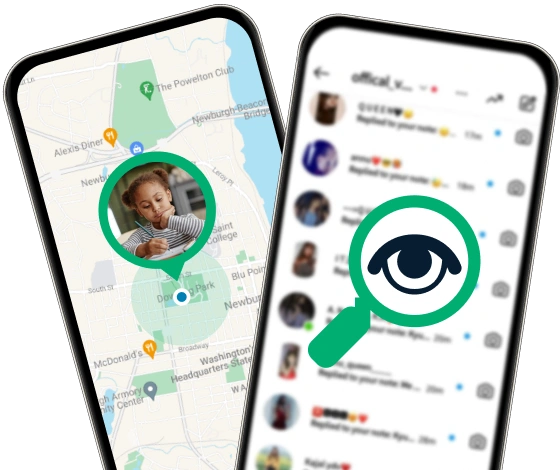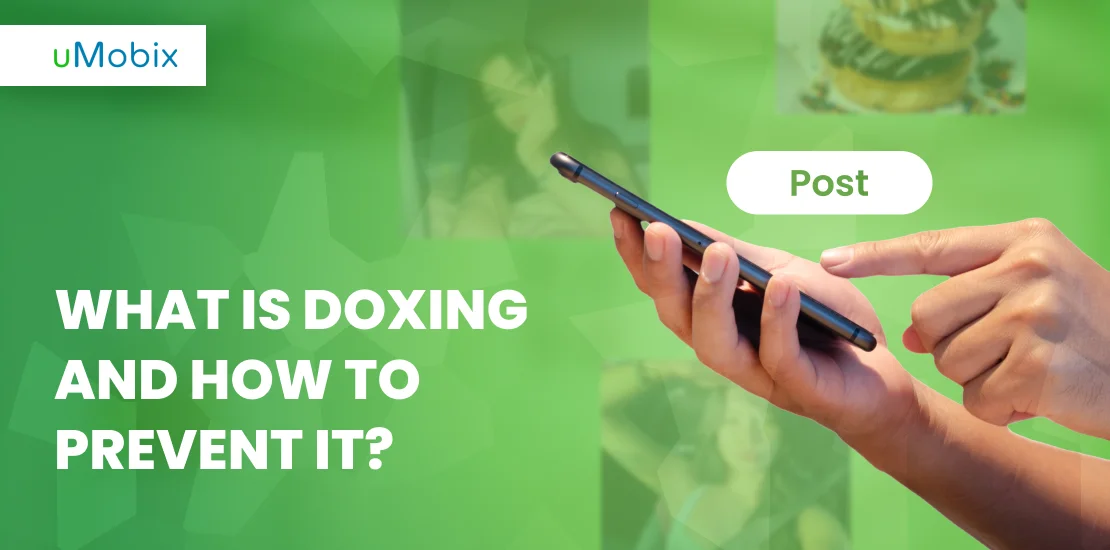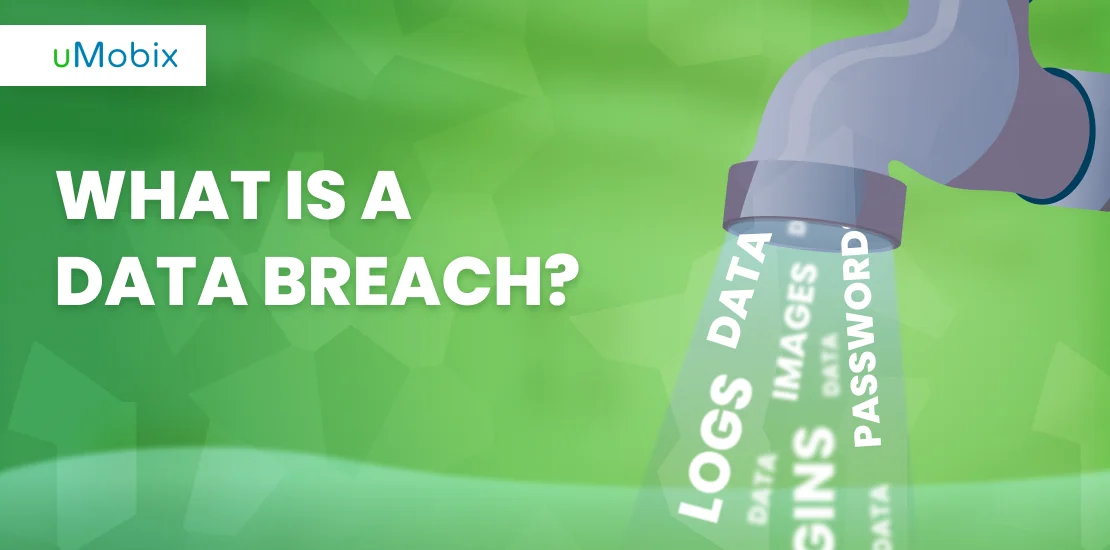People are more careful than ever before about revealing personal information due to the ups and downs of modern life. The availability of hackers and the number of money individuals are willing to spend on collecting such personal information (especially if you are a public figure) mean that people will continue to devise ways to dig out such information just to have it on various social media sites. This is referred to as “doxing.”
Likely, they’re trying to make a name for themselves in the mainstream media, or they may have some grudge against you and will want to ruin your reputation. However, how can one prevent getting doxxed? Read on to learn more about doxing and steps you may take to build social security and avoid information breach.
Doxing Meaning Explained
The term “doxing” comes from the phrase “dropping docs.” Hackers resort to doxing as a form of cyberbullying, extortion, and retribution in the present day.
Doxing someone collects details about another individual and shares them publicly or on a private blog, social media post, or website. The goal of such actions is usually to harass the target or to incite others to do likewise. Despite its severe risks, several safeguards are available to avoid being a victim of doxing.
Although the idea of doxing dates back decades, it is very much alive and well today, and it poses serious risks as it gains popularity. Once someone’s home address, phone number, place of employment, email address, or other identifying details are publicized, they become an easy target.
As already demonstrated, the motivation behind doxing may not always be malicious but rather the desire for the target’s notoriety. People on Twitter and other live-streaming services will sometimes engage in such behavior for the sake of public recognition or to demonstrate their expertise on the subject of the celebrity they follow. Doxing people can put them in an awkward and even dangerous situation, regardless of the intentions behind it.
What Information Are Doxers Looking for?
When doxing a target, what do hackers seek specifically? The summary is that they are looking for anything that will help them identify someone hiding in plain sight, which would be greatly appreciated. The target of a doxing assault may therefore expose:
- Credit card numbers
- Social security number
- A person’s real name
- Personal photos
- Contact address
- Telephone number
- Working details
- Social media profiles
- Bank account numbers
Doxing Methods
Doxers deploy various methods to gather as much as possible about their victims. An attacker can use any of the following methods to track you down, go through your social media accounts, purchase information from data brokers, launch phishing attacks, and even monitor your online activity:
Sniffing
Intercepting data as it travels across the internet from the source to the recipient is known as “sniffing.” A data packet is the unit of transport for information on the internet, and a sniffer is a program or piece of hardware that can be used to intercept and examine these packets. A doxer can gather a target’s internet traffic and mine it for information using sniffing.
IP logging
Doxers can reliably determine the geographic location of their targets by obtaining their IP addresses using IP logging. The doxer then employs social engineering techniques to coerce the target’s ISP into giving over even more personal details about you.
When calling the ISP, the doxer uses a call spoofing program to make it look like the ISP’s number is being dialed. If they have the target’s IP address, they can use it to ask for a lot of information about their target.
The doxer must go through a few hoops, use some trickery, and hope that the ISP employee is naive, but if successful, they can obtain a great deal of personal information in a single phone call.
Reverse Сell Phone Lookup
If hackers obtain your cell phone number, they can look you up on Whitepages, a widely used doxing tool. By entering the number into a search bar, you can use these reverse phone lookup services to find out who is associated with an unknown cell phone or landline phone number.
Unfortunately, the doxer can find more than just your name with these services. Your current and former residences could also be uncovered with a Whitepages lookup. Hackers can also use a reverse phone lookup to investigate your driving and criminal history, bank accounts, and any real estate you currently or formerly owned.
Whitepages and similar sites charge users a fee if they want more information on a mobile phone number than just the city and state it is registered in. People, however, are willing to pay the price that must be paid to get access to such data.
Social Media Stalking
Social media stalking is a method of gathering information about a person by monitoring their online activities across several platforms. Information on a person’s location, occupation, friends, photographs, likes, dislikes, travels, relatives, pets, and other personal details can be collected.
Some of this data may even allow doxers to guess the answers to their targets’ security questions and get access to their other online accounts. For that reason, protecting the privacy of your online profiles is strongly advised.
Also, if you use the same login across several platforms, a skilled social media stalker can easily link your accounts to piece together a comprehensive profile of your online life.
Studying Government Records
We often underestimate how much data may be gleaned from public archives. However, the government keeps basic information about you, like your name, birthplace, parent’s names, and the name of the doctor present at your birth on your birth certificate and in your medical record.
But it goes further than that, as your driver’s license can also be used as a piece of evidence in a puzzle. Your driver’s license provides a doxer access to personal information, including your name, height, weight, social security number, and traffic infractions.
A marriage certificate is one piece of information that is typically included in a person’s official record. Your marriage certificate is a public record; anyone can view the details listed on it. Doing this would make the general public aware of your marital status, sexual orientation, wedding date, and filing county.
As individuals increase their financial standing in the world, they increasingly seek opportunities to put their money to work in the form of investments in real-world goods and services as well as digital ones. These days, real estate is one of the most lucrative investment options available. A doxer can learn personal details about you by looking at public records, like those kept by real estate companies or the government.
Your real estate purchase records can be found in the offices of your county’s assessor and county recorder. Information on the home’s location, sale date, description, and estimated worth can all be found in these documents.
Phishing
To steal sensitive information, criminals will often employ deceptive methods and sophisticated doxing tools, such as phishing. Doxers can gather data on potential victims through spear-phishing assaults directed at specific individuals. Even while identity theft is the stated purpose of many phishing attempts, the data gathered can just as easily be used in doxing attempts.
WHOIS Lookups
Doxers can easily find out who owns a domain name and contact them through a WHOIS service. If you neglect to make your WHOIS details private, everyone who searches for your domain will be able to see your name, phone number, address, and email address.
Following Your Username
Do you have a single username for all of your online accounts? Doxers can follow your user name throughout the web, discovering your contributions to various online communities like Instagram, LinkedIn, Twitter, and lots more.
Someone with access to this data can easily learn your preferences and expose you and others to the websites you frequent.
Data Brokers
Data brokers are businesses that collect and sell personal information about people. Some doxers go to them to buy such information to use for their interest. There are a plethora of people-search websites that sell extensive private information to anyone and several data brokers that sell their data for marketing purposes.
The information that data brokers use comes from a variety of sources, including publicly accessible records (such as government records, marriage licenses, and voter registration logs). They also obtain information from consumer loyalty cards (which track your online and offline purchasing history), online search histories (which track everything you search, read, or download), and other data brokers.
How to Prevent Doxing
While there’s no foolproof way to avoid getting doxxed, there are measures you can take to reduce the likelihood of it happening to you. These few pointers might go a long way in protecting you from doxers plots:
- Set your privacy preferences: Restrict who can see your social media posts by making them private.
- You should keep the information private: Don’t reveal too much about yourself on public platforms like Facebook, Twitter, or message boards. It’s risky to share private details since doxers can end up with too much material.
- Change your online identities frequently: You should use a different username across social media platforms. If you use the same login everywhere online, people can more easily follow your online activity and see what you’ve been up to.
- Always use strong passwords: Doxers can be stopped from accessing your social media accounts and hacking them for nefarious purposes if you use strong passwords. Password strength increases by adding uppercase and lowercase letters, numbers, and special characters.
- Get a reliable VPN connection: Protect yourself from potential doxers by signing up for a VPN service. With a virtual private network (VPN), your true online identity is concealed behind a false one. This eliminates the possibility of hackers using this address to track your physical location.
- Take precautions against phishing emails: Some doxers may employ phishing to get you to reveal sensitive information such as your home address, social security number, or even passwords. Always use caution when responding to a message that claims to be from a financial institution.
- Keep more than one email account: Having multiple email accounts for various purposes is an excellent way to protect your privacy. You could, for instance, sign up for all of your preferred streaming services, forums, music sites, etc., under the same master account. Then you can set up a work email account completely independent from your one.
Enhanced Cyber Safety with uMobix
As the number of cyber threats rises, more and more people are turning to the safety net provided by established cyber security software. When it comes to keeping yourself and your loved ones secure online, uMobix is one of the most dependable tools available. In addition to its primary purpose as a parental control app, the software may also be used as a phone tracker and cyber security tool.
It can identify and prevent certain doxing schemes like phishing, protecting you from being a victim.
FAQ
In the absence of doxing-specific laws, the legitimacy of such acts is often assessed on a scenario basis. Compiling or releasing material already in the public domain is usually not unlawful, but doxers can be prosecuted with additional crimes depending on the situation's specifics. Stalking, identity theft, harassment, and inciting violence are all examples of doxing.
Legislation against the practice of "doxing" has been passed or proposed in several countries recently. In 2021, both Hong Kong and the US state of Kentucky approved anti-doxing legislation.
When you get doxed, you may do only a few things to recover from the assault. You can, however, start by reporting the incident to relevant authorities to help manage the risk. You should also change your phone number. The most important thing to do is to build a solid cyber wall so that such an incident does not repeat itself.
There are measures to take to lessen the possibility of being doxed. Stay away from phishing emails that ask for sensitive information. Be careful what information you post online. Prevent doxing by installing a trusted parental control app like uMobix.
Social media platforms like Twitter, Instagram, and LinkedIn should be contacted first when experiencing a doxing attack. Doxing is prohibited per the policies of these platforms. Contact law enforcement if a doxing attack includes unlawful behavior, such as publishing your bank account information or credit card online or if the attacker encourages others to destroy your property.

Latest posts
- 10 Best Apps for Parents to Monitor Social Media: 2026 Guide
- Complete List of Keywords to Block for Parental Control
- Does Telegram Notify Screenshots? Everything About Screenshot Detection
- How to Find Someone’s Deleted Instagram Posts: Complete Guide
- Family Tracking App by uMobix: Keep Loved Ones Safe




